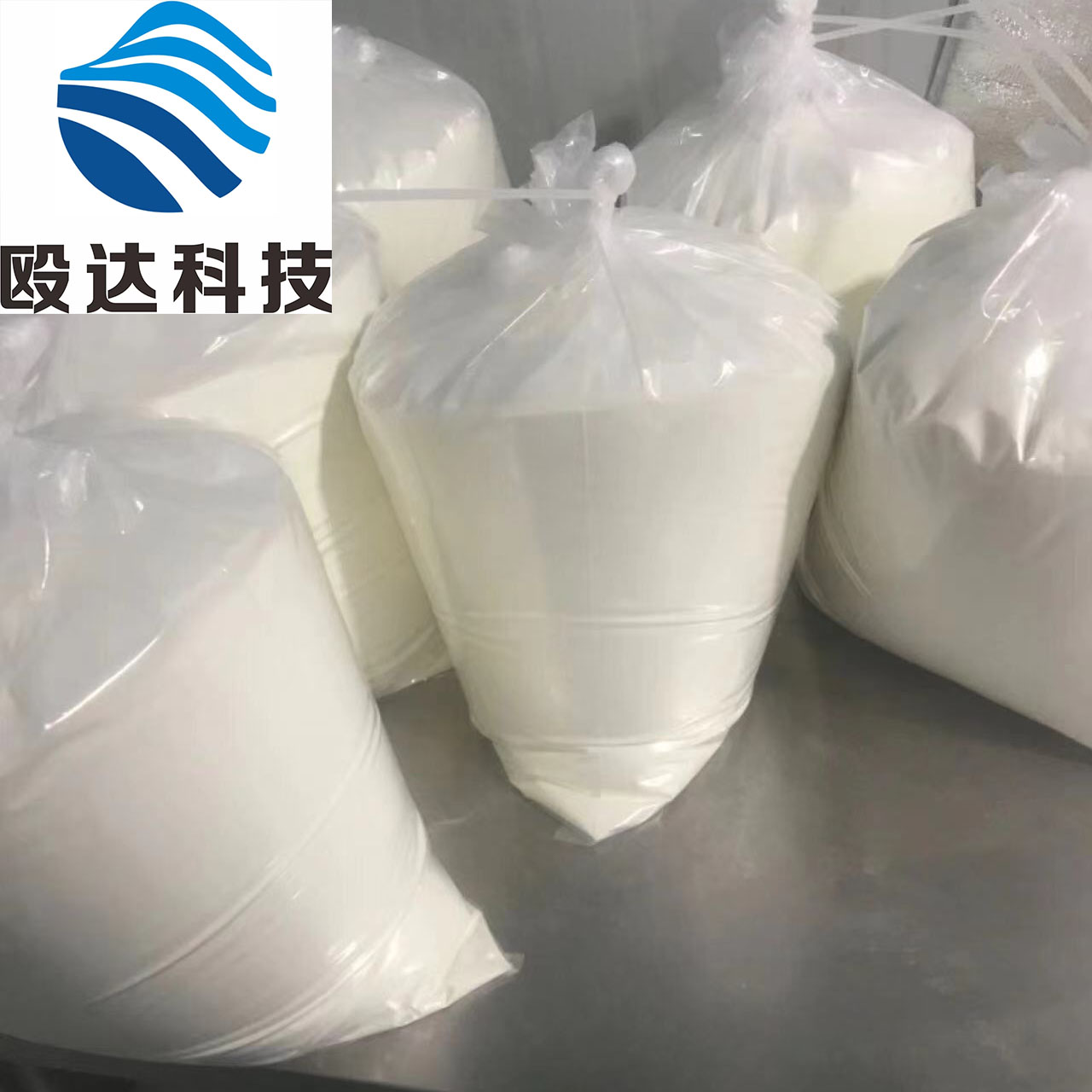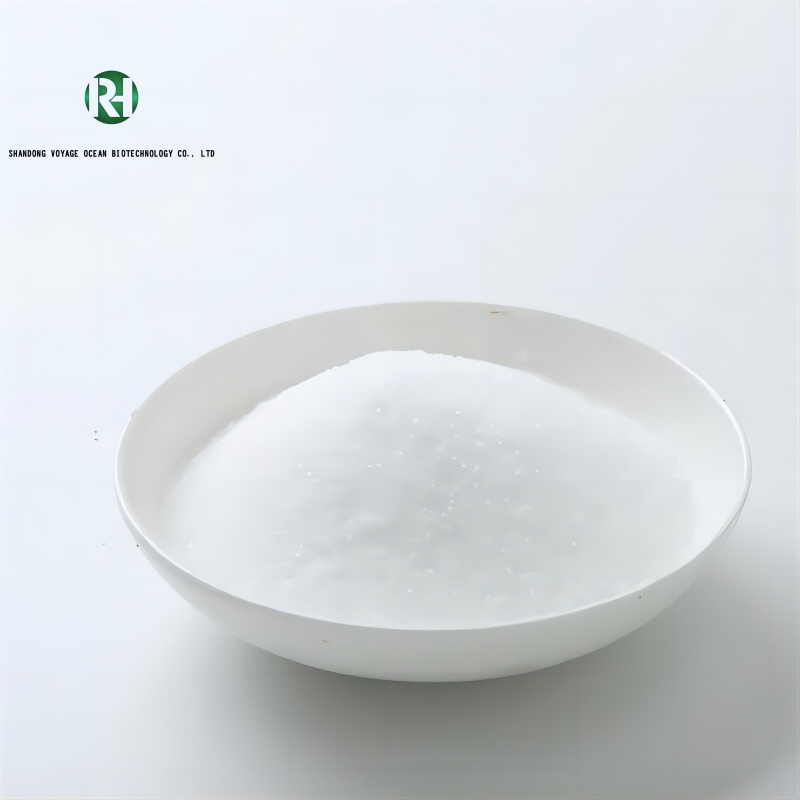-
Categories
-
Pharmaceutical Intermediates
-
Active Pharmaceutical Ingredients
-
Food Additives
- Industrial Coatings
- Agrochemicals
- Dyes and Pigments
- Surfactant
- Flavors and Fragrances
- Chemical Reagents
- Catalyst and Auxiliary
- Natural Products
- Inorganic Chemistry
-
Organic Chemistry
-
Biochemical Engineering
- Analytical Chemistry
- Cosmetic Ingredient
-
Pharmaceutical Intermediates
Promotion
ECHEMI Mall
Wholesale
Weekly Price
Exhibition
News
-
Trade Service
In the past two years, we have been overseas to carry out clinical trials of new drugs, which are becoming more and more popular among innovative pharmaceutical companies in China.
pharmaceutical companies such as Baiji Shenzhou, CorningEry, Keystone Pharmaceuticals, Fuhong Hanxuan and Beida Pharmaceuticals have launched clinical trials overseas.
Australia is recognized as a world-class centre for life science research, with a state-of-the-art medical research infrastructure and multi-ethnic demographics, and is an attractive and competitive location for clinical trials.
July 22, 2015, the former State Food and Drug Administration issued the "State Food and Drug Administration on the implementation of drug clinical trial data self-examination and verification work", set off a so-called "the most stringent" clinical trial data verification.
is also the action that has reshaped the environment for drug research and development in China.
You know, the core of clinical trials is quality, and in the past, local companies often wanted to do more in the shortest time and at the lowest cost, but these three elements could not be maximized at the same time.
there are some shortcomings in ethics and knowledge, the degree of cooperation between researchers, the perfection of regulations and the experience of the implementation team, which leads to clinical trials not going smoothly.
to conduct clinical trials of new drugs overseas in the past two years, and are becoming more and more popular among innovative pharmaceutical companies in China.
pharmaceutical companies such as Baiji Shenzhou, CorningEry, Keystone Pharmaceuticals, Fuhong Hanxuan and Beida Pharmaceuticals have launched clinical trials overseas.
Australia is recognized as a world-class centre for life science research, with a state-of-the-art medical research infrastructure and multi-ethnic demographics, and is an attractive and competitive location for clinical trials.
According to statistics, more than 1200 new clinical trials of drugs and medical devices are conducted in Australia each year, clinical trials strictly enforce FDA and ICH-GCP standards, and the resulting clinical research data are recognized by the United States and the European Union.
Shell club is also attracted by Australia's high-quality resources, as early as 2016 began to lay out the Australian market, hoping to create an innovative cooperation platform between China and Australia, accelerate and collaborate projects at home and overseas two-way exchanges and cooperation.
Recently, by shell society Australia Overseas Innovation Center, China-Australia Biopharmaceutical Industry Science and Technology Park and Shell University jointly created shell said that China-Australia cooperation topic "Australian drug clinical trial organization to help China's new drug innovation" online exchange was successfully held, hoping that this event can further empower Chinese pharmaceutical companies innovation and upgrading, accelerate integration into the international market.
Shell invited Dr. Pavel Reddy, Managing Director of Clearpoint Ventures, Mr Shichun Zhang, Deputy Director of Business Development at Novotech, and Mr Jeffery Wong, Director of Business Development at Nucleus Network, to share.
Huixia, founder and chairman of the Shell Society, also participated.
the advantages of conducting clinical trials in Australia, regulatory approval, etc. from their respective perspectives.
Summarize, there are the following aspects: 01, attractive clinical trial research and development tax incentive policy in general, for the following three types of enterprises and at the same time meet the registration requirements, the local government will give tax credits and non-cashback tax incentives.
's corporate side includes: first, life sciences, such as some new therapies, cutting-edge therapies; second, medical technology, such as some new medical devices, improved medical devices; and third, interdisciplinary industries, such as medical and health industry software or IT applications or solutions.
specific tax incentives, for example, companies with revenues of more than A$20 million in a financial year can apply for a 38.5 per cent tax credit, and the unweighed amount can be accumulated for continued use in the following year; A$10 million company can apply for a cash return of 43.5 per cent, which is an advantage for Australia, specifically its own tax rate of 27.5 per cent plus an additional 16 per cent combined income, depending on the company's tax status at the end of the financial year.
these offers are for research and development spending and will be returned in the current year.
on how to apply for tax incentives, Dr Pavel Reddy said, mainly through two government agencies, AusIndustry and the ATO.
first companies are going to AusIndustry, the Australian authority responsible for industry or industry, as well as innovation and technology, to review whether the research and development company is technically qualified.
application is passed, the second step is to go to the Australian Taxation Office ATO, take a routine tax return process, and then you can get the corresponding tax benefits.
, there are a number of Australian companies that need overseas experience and resources, and the government will assist accordingly, but will need to provide supporting documents.
more than 50 per cent of the total costs incurred in Australia, tax incentives for research and development can also be applied for.
02, simple and efficient supervision, approval process is different from other countries' approval process, Australia's clinical approval process to be simplified, transparent management.
the main institutions are the HREC, the Ethics Committee for Human Research, and almost all clinical trials require HREC approval.
the Australian Governing Council conducts rigorous audits to ensure the program is safe for the subjects.
approval within 5 weeks through HREC, followed by notification filing, basically 5-7 business days to complete the process.
project can get on track as soon as possible, saving businesses a lot of time and money in order to carry out follow-up work.
, combined with his own experience of conducting experiments in Australia, said that they did clinical phase I.I studies of respiratory syncytive virus in Australia in 2014, entered the EC submission on September 3, 2014, held an EC meeting on September 17, 2014, and was approved by the EC on October 1, 2014. Approved by the TGA on October 15, 2014, clinically initiated on October 20, 2014, and the first subject participated in the trial on November 3, 2014, with a two-month break due to the leave and the completion of the Clinical Phase I. study in June 2015, a process that took almost half a year to complete.
a biopharmaceutical from the project to the FDA review takes about 5-12 years, it is generally believed that the average original drug in about 10 years, of which preclinical about 2-3 years, I. period II. period 3-5 years, III. period 2-3 years, but also depending on the specific situation.
the clinical phase I. study conducted by Dr. Yu Zheng in Australia was completed in almost half a year, which shows its high efficiency.
03, high-quality data to support clinical data is a series of clinical facts, used to study the mechanism of disease occurrence, clinical knowledge of disease, disease development process, drug efficacy and safety, health care effectiveness evaluation.
if there are a lot of missing and wrong data, then any conclusions are unreliable, and more importantly, medical practice on this basis will make the patient's life and health can not be guaranteed.
, the ability of a drug or medical device to pass a market application depends on the availability of data that can confirm its safety and ability.
, as mentioned earlier, there are so many high-standard clinical trials each year, and the high-quality data generated in the early stages can directly assist in future clinical trials.
addition, ICH-GCP provides global clinical research guidelines, and China's accession to ICH means that China's drug regulation is in line with international standards.
ICH at the same time makes clinical data global and ensures that trial data is safe and reliable.
, of course, in addition to the advantages mentioned above, including geographical, time zone advantages, Australia and China are only two hours away, easy to cooperate.
, for example, for the study of influenza-like viruses, China is located in the northern hemisphere due to seasonal inconvenience research work, Australia as the ideal place in the southern hemisphere can normal research work.
in addition to the wide range of Australians, it can be seen early in the clinical life whether there are differences between different species of new drugs.
at the end of the event, Jiang Huixia, founder and chairman of Shell Society, gave a detailed introduction to the China-Australia innovation cooperation platform.
Shell, relying on a strong team of resource-side experts in Australia to help enterprise projects enter the Australian market project evaluation, in the management of clinical trial cooperation, including research outsourcing, shell society has established a number of local CRO, clinical trial institutions and laboratories to establish a wide range of strategic partnerships, can undertake some research outsourcing research, as well as clinical trials and clinical support.
the future, Shell Society will deeply cultivate the field of medical and health entrepreneurship, through the Sino-Australian cooperation and innovation platform to help domestic enterprises and overseas markets, in clinical trials and other aspects to continue to promote Sino-Australian medical and health cooperation.
.







